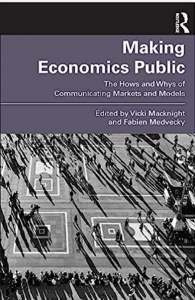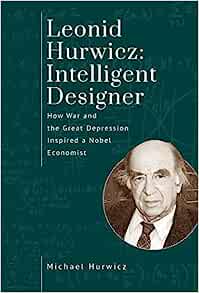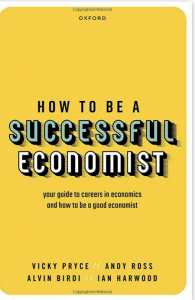Somehow, things haven’t slowed down since the end of term but I’ve been anticipating the holidays with some lighter than normal reading. Along with some detective novels, I read Hernan Diaz’ excellent Trust – apparently being made into a Netflix series which will be interesting as it has an Instance of the Fingerpost structure – about the making of gilded age money and what it does to people; and Georgi Gospodinov’s intriguing Time Shelter. They were both supposed to be saved for holiday reading but needs must.
Still, alongside this fare, I also read Making Economics Public: The Hows and Whys of Communicating Markets and Models, edited by two science communication experts, Vicki Macknight and Fabian Medvecky. Their introduction opens with the paradox that economics is very influential – often dominating the news and policy decisions – and yet there is a chasm in understanding and language between professional economists and the public. Concepts familiar and fundamental in economics (such as tax incidence, or the difference between household and government budgets, or why a central bank sees raising interest rates as key to bringing down the rate at which food prices are increasing) are not widely understood. Often not even by the expert journalists supposedly communicating the technicalities to the public.
I’ve long believed this chasm is ultimately an existential risk to economics: nobody gets to retain such influence without public legitimacy. It’s also a concern that some economists see the problem as a need to explain what ‘we’ think more clearly so the slow-of-understanding finally get what ‘we’ mean. As all good science communicators know, communication is a two-way process, done with the ears as well as the mouth. So this slim volume of essays is very welcome.
The book has three sections – why, how, and what are the challenges – and a final essay on economic rhetoric and freedom by Deirdre McCloskey. I needed no persuading on the first of these. The ‘how’ section has some nice chapters, including one on teaching by Chris Colvin (don’t swamp the students with maths) and one on media and communication by Romesh Vaitilingam. There’s a nice chapter by Carlo Martini in the challenges section about teaching students to recognise ‘pseudo-expertise’ of which there is plenty in economic discussions – only look at Twitter any day. (It isn’t always easy.) All the essays are worthwhile, though, and it’s a slender book. Pricy, per page, though: one to get from the library.





